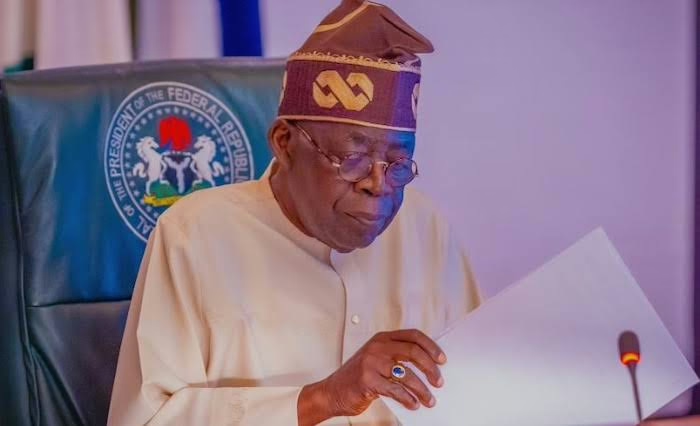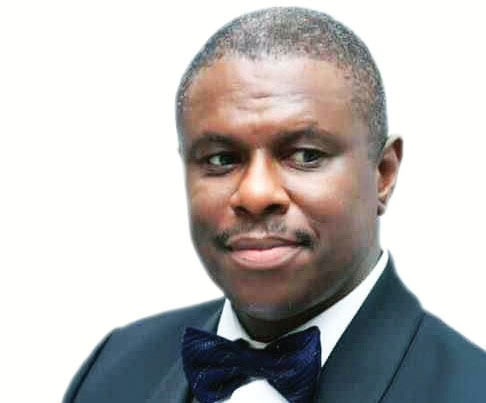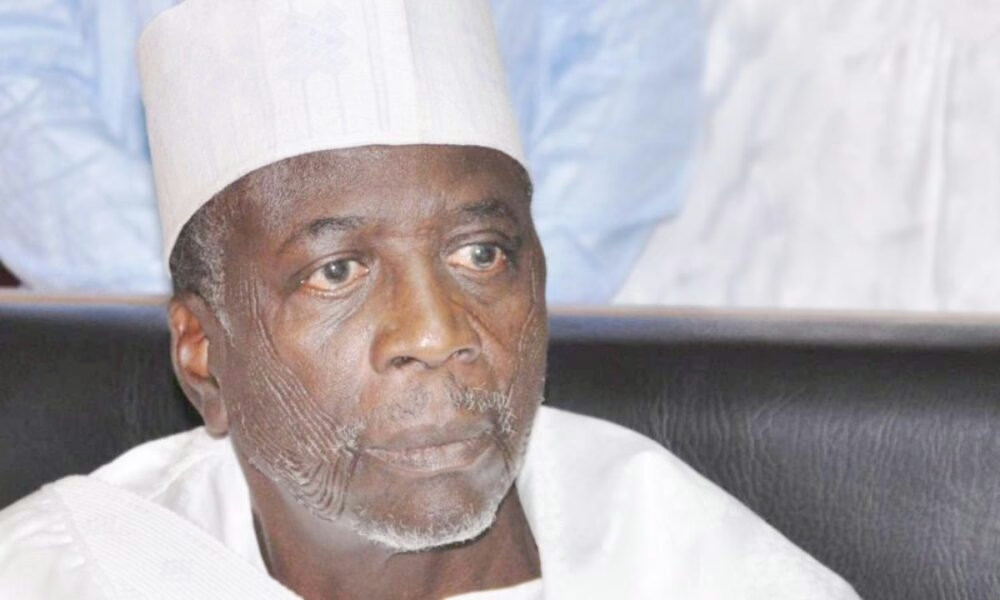LAGOS – In a bid to further equip key human interfacing personnel with the skills to manage the public effectively, the Nigeria Civil Aviation Authority (NCAA) has unveiled plans to organise emotional intelligence capacity training for its personnel.
Capt. Chris Najomo, Acting Director-General Civil Aviation (ADGCA), stated this yesterday when he received a delegation from the Global Transport Policy who paid him a courtesy visit at the agency’s office at the Murtala Muhammed Airport (MMA), Lagos.
Najomo, who was represented at the occasion by Barr. Bukola Teriba, Lagos Regional Manager, NCAA, emphasised that the capacity for emotional regulation was crucial for effective teamwork in the aviation industry.
Najomo declared that good working relationships based on trust and collaboration were fundamental for smooth operations and for the safety of air passengers.
Advertisement
He explained further that training would enable participants to develop competencies in areas of emotional intelligence in intrapersonal and interpersonal dimensions with focus on emotional self-awareness, emotional self-regulation, giving feedback with empathy and asserting one’s authority in a calm and professional manner.
He said: “The NCAA, as the apex regulatory body in the aviation sector, recognises the need to stay ahead in its role, and the training series is expected to play a crucial part in achieving this goal.
“By equipping its personnel with emotional intelligence skills, the NCAA will be better positioned to handle the complexities of human interaction, leading to improved service delivery and a more positive experience for the traveling public.”
In his comment, Dr. Segun Musa, the Managing Director, Global Transport Policy, who presented an award to Najomo in recognition of key reforms he had carried out since assumption of office last December, said the training series was part of the company’s Corporate Social Responsibility (CSR) initiative, demonstrating the firm’s commitment to giving back to the industry.
Musa encouraged the NCCA helmsman to continue his good work, maintaining that the award was a testament to his commitment to excellence and tireless efforts to drive positive change in the aviation sector.











